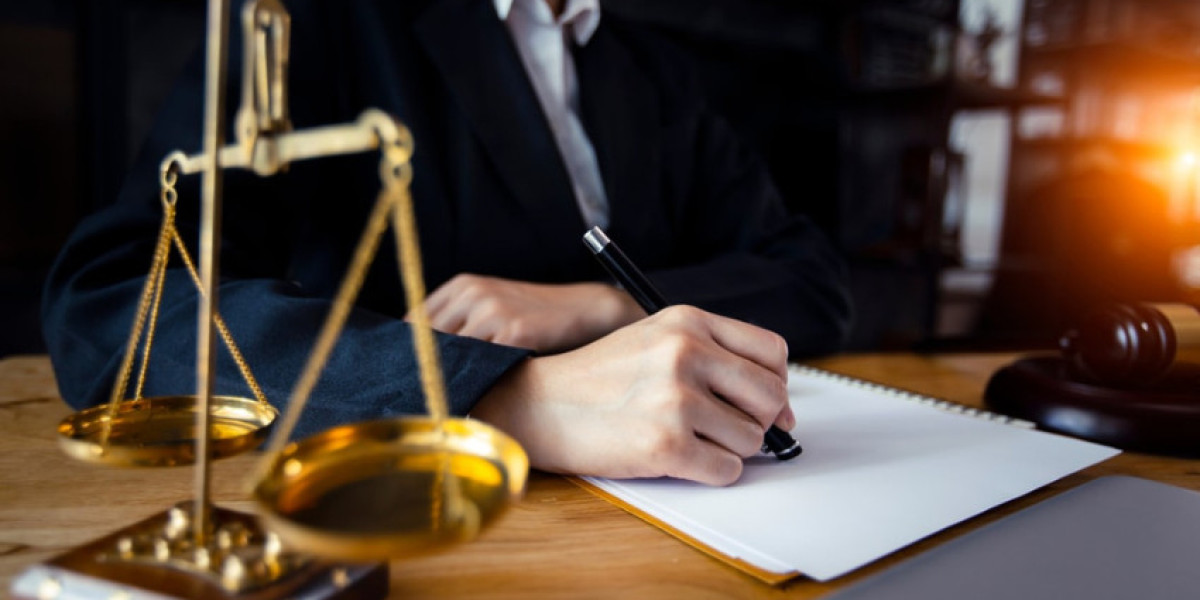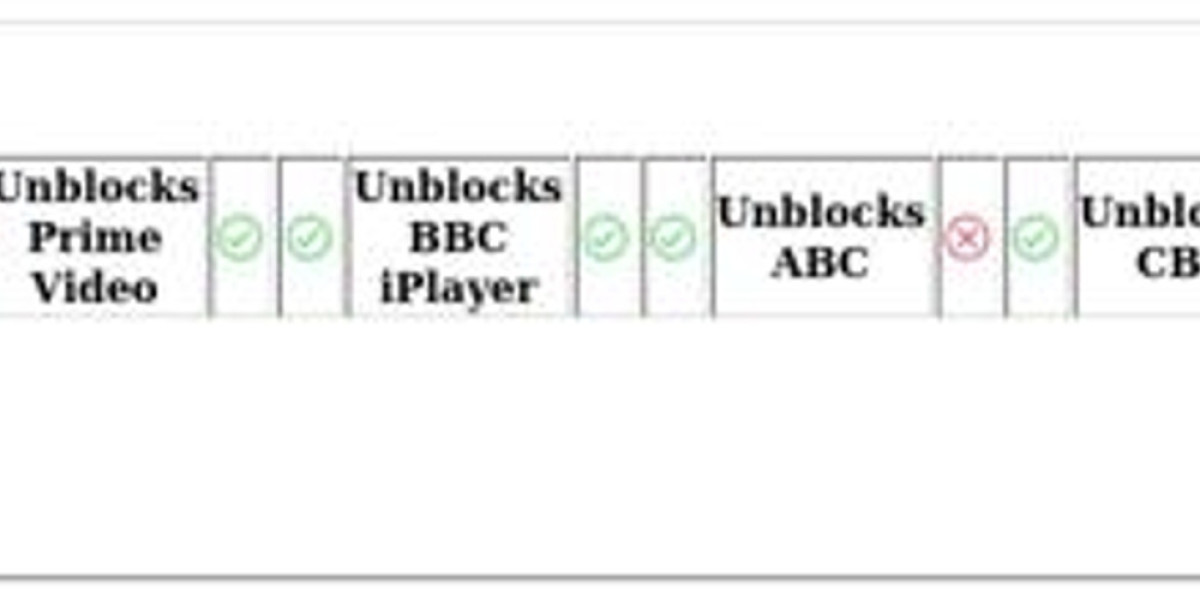Understanding Extradition and International Law in Dubai
Dubai’s legal system operates under both federal UAE law and international treaties that govern extradition and cooperation between countries in criminal matters. Extradition cases typically arise when an individual accused or convicted of a crime in one country is found within the UAE’s jurisdiction, and the foreign state requests their return for prosecution or sentencing.
Criminal lawyers in Dubai play a vital role in such cases, ensuring that all legal procedures are properly followed and that the individual’s rights are fully protected under UAE law and international conventions. These cases often involve complex diplomatic, legal, and procedural elements, requiring precise legal strategy and deep knowledge of both domestic and foreign legal frameworks.
Legal Framework Governing Extradition in the UAE
The UAE handles extradition matters under Federal Law No. 39 of 2006 on International Judicial Cooperation in Criminal Matters. This law outlines the conditions under which the UAE may grant or deny an extradition request. Additionally, the UAE has signed several bilateral and multilateral treaties with countries across Europe, Asia, and North America to facilitate the transfer of offenders while ensuring due process.
Criminal lawyers in Dubai carefully examine whether the requesting country has a valid extradition agreement with the UAE and whether the request meets the requirements outlined by law. These conditions typically include the existence of dual criminality, sufficient evidence, and assurance that the individual will receive a fair trial in the requesting country.
The Role of Criminal Lawyers in Extradition Proceedings
When an extradition request is made, the Public Prosecution in Dubai reviews the documents and submits them to the competent courts. At this stage, criminal lawyers step in to represent the accused, ensuring that the extradition complies with the legal safeguards established under UAE law.
Defense lawyers scrutinize every element of the request, from the accuracy of documentation to the credibility of the evidence provided. They may challenge the legality of the extradition on several grounds, such as lack of dual criminality, political motivation behind the charges, or risks of unfair treatment or torture in the requesting country.
Criminal lawyers also ensure that the accused’s constitutional rights, such as the right to counsel and fair trial guarantees, are respected throughout the process.
Grounds for Refusal of Extradition
The UAE courts may reject extradition requests under certain conditions. Criminal lawyers in Dubai often use these provisions to protect their clients’ interests. Common grounds for refusal include:
The offense is political in nature, not a criminal act under UAE law.
The requested person is a UAE national, as the UAE generally does not extradite its own citizens.
The person has already been tried or acquitted for the same offense.
The offense does not meet the principle of dual criminality, meaning it is not considered a crime in both countries.
There is insufficient evidence to support the extradition request.
There is a risk of torture or inhumane treatment in the requesting country.
Lawyers leverage these grounds to prevent wrongful extraditions and ensure that every decision aligns with international human rights standards.
Extradition Request Procedure in Dubai
The extradition process typically begins when a foreign government submits a formal request through diplomatic channels. The UAE Ministry of Justice reviews it, followed by the Dubai Public Prosecution, which verifies the request’s legality and documentation. If approved, the case proceeds to the Court of First Instance, where both parties present their arguments.
During the hearing, criminal defense lawyers in Dubai play a critical role by challenging the request, questioning the evidence's authenticity, and presenting legal defenses. If the court grants extradition, the decision can be appealed to the Court of Appeal and ultimately to the Court of Cassation, ensuring that all legal remedies are exhausted before any extradition takes place.
Handling International Criminal Cases
In addition to extradition, Dubai-based criminal lawyers often handle international criminal cases involving offenses such as money laundering, cybercrime, financial fraud, and cross-border criminal conspiracies. These cases may involve multiple jurisdictions, each with its own laws and procedures.
Lawyers specializing in international cases coordinate with foreign legal experts, Interpol authorities, and embassies to collect evidence, verify documents, and ensure compliance with both UAE and international law. Their goal is to protect clients from unfair prosecutions, prevent unlawful detention, and secure legal outcomes consistent with justice and due process.
Collaboration with International Authorities
Given Dubai’s global status as a major business hub, international cooperation in criminal matters is common. Criminal lawyers regularly interact with organizations such as Interpol and the United Nations Office on Drugs and Crime (UNODC) to facilitate lawful processes. They also assist clients who are subject to Red Notices, ensuring that international arrest warrants are challenged when issued unjustly or without proper legal grounds.
Lawyers assess whether the notice aligns with Interpol’s constitution, which prohibits politically motivated actions or violations of human rights. When necessary, they can file appeals to have these notices suspended or deleted, helping clients clear their names internationally.
Protecting Human Rights in Extradition Cases
One of the most crucial roles of criminal lawyers in Dubai is safeguarding human rights during extradition proceedings. They ensure that no individual is extradited to a country where they may face torture, persecution, or discrimination. The UAE’s legal system upholds international principles, including those outlined in the UN Convention Against Torture and other treaties.
Defense lawyers emphasize these protections in court, often submitting evidence or reports from international organizations that support their client’s claim of potential mistreatment. This commitment to justice ensures that extradition remains a legal, not political, process.
Challenges in Handling International Criminal Cases
International and extradition cases pose unique challenges due to differences in legal systems, languages, and evidentiary standards. Lawyers must navigate conflicting jurisdictions, interpret complex treaties, and coordinate with multiple agencies simultaneously.
Moreover, diplomatic considerations can influence proceedings, particularly when high-profile or politically sensitive cases are involved. In such scenarios, experienced criminal lawyers must balance legal strategy with tactful negotiation and confidentiality to protect their clients effectively.
Conclusion
Extradition and international criminal cases in Dubai demand a sophisticated understanding of international law, diplomatic relations, and local legal procedures. Criminal lawyers in Dubai serve as the crucial link between these systems, ensuring that justice is served while upholding the rights of the accused.
Their expertise in navigating complex extradition requests, analyzing evidence, and negotiating with authorities makes them indispensable in securing fair and lawful outcomes. Whether the case involves an international warrant, financial crime, or cross-border investigation, experienced legal representation is the most effective defense in protecting one’s freedom and reputation.








